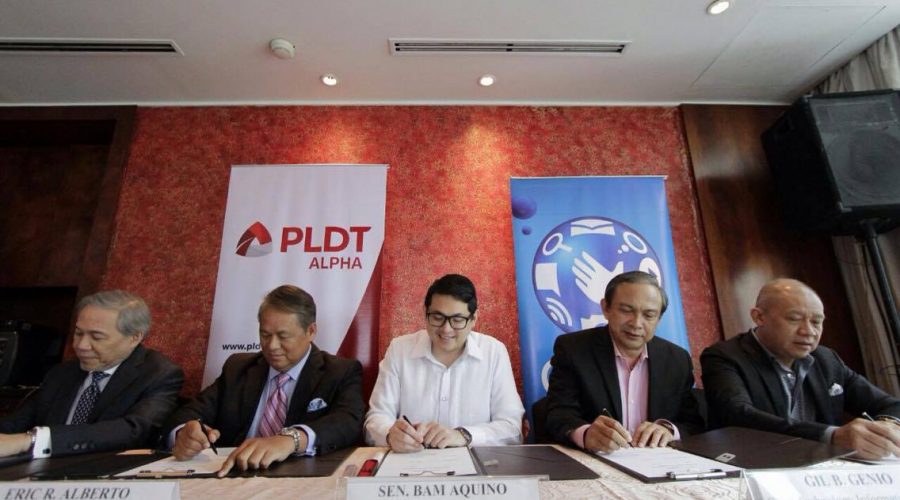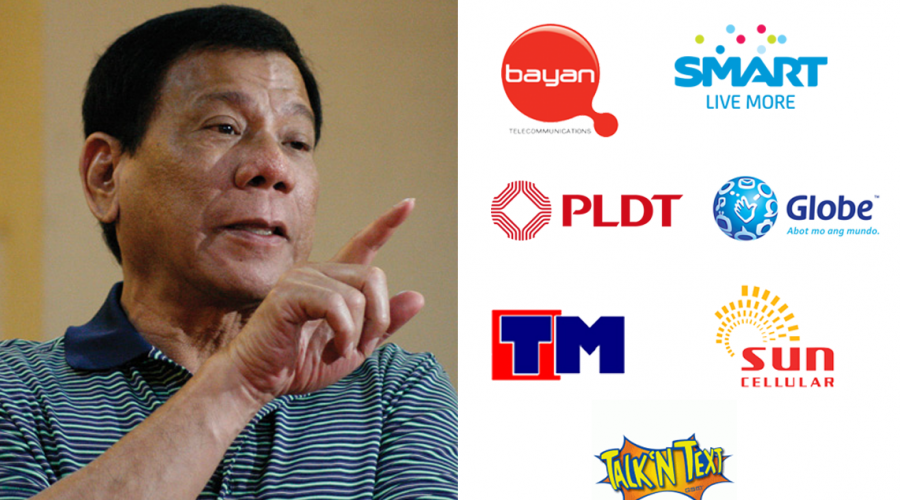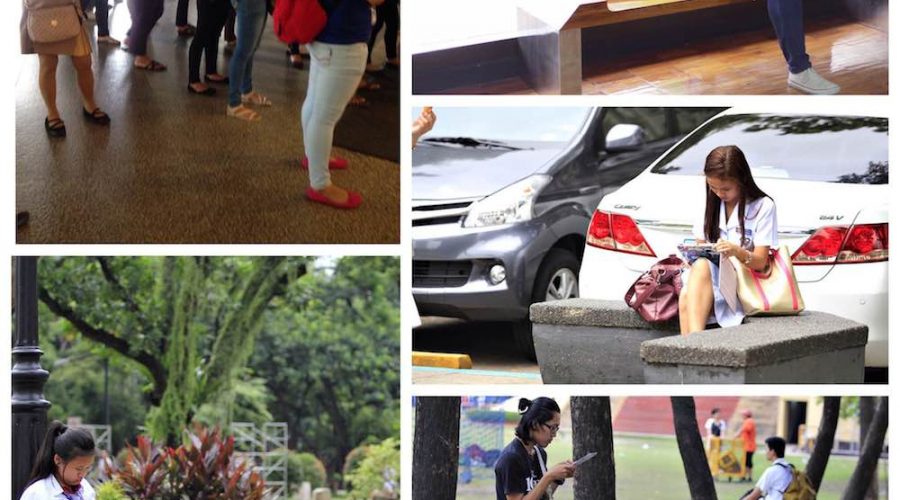BIDA KA!: Libreng internet sa pampublikong lugar
Mga bida, bukod sa Pagkaing Pinoy Para sa Batang Pinoy Act at Trabaho Centers in Schools Act, tumayo rin tayo bilang sponsor ng Senate Bill No. 1277 o ang “Free Internet Access in Public Places Act” bago natapos ang sesyon ng Senado kamakailan.
Ang Senate Bill No. 1277 pinagsama-samang bersiyon ng iba’t ibang panukala, kabilang na ang ating Senate Bill No. 1050, na layong lagyan ng koneksiyon ng internet ang lahat ng pampublikong paaralan upang makatulong sa pag-aaral ng mga estudyante.
Layunin po ng panukalang ito na lagyan ng libreng koneksiyon sa internet ang lahat ng national at local government offices, public schools, public transport terminals, public hospitals at public libraries.
Bilang chairman ng Committee on Science and Technology, pinangunahan po natin ang pagdinig ng mga nasabing panukala at pagbalangkas sa bersiyon nito na isinumite kamakailan sa plenaryo.
***
Sa mga paunang pagdinig, nabatid na nasa 52.6 percent lang ng mga Pilipino ang may access sa internet service. Napakalayo nito kumpara sa Singapore, na may 81.3 percent at sa Malaysia na may 68 percent.
Hindi katanggap-tanggap ang ganitong sitwasyon dahil napakahalaga ng internet sa buhay ng mga Pilipino.
Maraming umaasa sa internet sa pag-aaral, sa trabaho at sa pakikipag-usap sa mga mahal sa buhay, maging dito man sa Pilipinas o sa ibang bansa.
Mahalaga ang internet sa mga anak para makausap ang kanilang mga ama na nasa ibang bansa para humingi ng payo.
Importante ang internet sa mga call center agent dahil ito ang nag-uugnay sa kanila at kanilang mga kausap sa ibang bansa.
Para sa freelancers, ito’y kailangan para makausap ng maayos ang kliyente at mapadala ang hinihinging trabaho.
Para sa negosyanteng Pinoy, ito’y nagagamit sa pagbebenta ng gamit o paghahanap ng mga bagong supplier.
Para sa maraming walang trabaho, malaking tulong ang internet upang sila’y makakita ng trabaho online.
Para sa mga guro at para sa mag-aaral, ang internet ang pinanggagalingan ng research, ng learning materials, at mga bagong modules.
Kaya mahalagang maisabatas ang libreng internet sa mga pampublikong lugar upang mabigyan ang mas maraming Pilipino ng access sa internet. Sa ilalim ng panukalang ito, aatasan ang Department of Information and Communications Technology (DICT) na pangasiwaan at palawigin ang plano para sa nasabing programa.
Bibigyan din ng panukala ng kapangyarihan ang DICT para mapabilis ang proseso para sa aplikasyon ng permits at certificates para sa pagtatayo ng kailangang imprastruktura at kagamitan, sa tulong ng iba’t ibang ahensiya ng pamahalaan at local government units.
Sa paglalagay ng mabilis at de-kalidad na internet sa mga pampublikong lugar, mabubuksan ang mas maraming posibilidad para sa pagpapaganda ng ating buhay at pagpapalakas ng relasyon ng pamilya at komunidad.
Sa suportang nakuha ng panukala mula sa mga kapwa ko senador, tiwala akong maisasabatas ang panukalang ito sa lalong madaling panahon.




Recent Comments